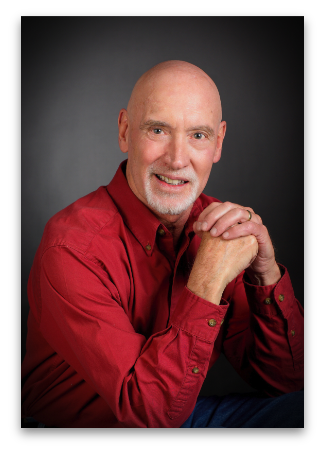Each day teachers make choices related to these issues: In
writing, do we stick to the measurable mechanics of parts of speech,
punctuation, and grammatical rules, as found in workbooks, or do we go outside
to watch clouds, or perhaps take time to do a play, in hopes that we will
infuse young minds with a desire to want to write? In math, do we strive for
success in the mindless but measurable manipulation of numbers, and perhaps
even get third graders to start long division, knowing that we do at the
expense of deep understanding, curious play, and the sheer joy of tinkering
with numbers?
In reading, do we encourage and foster the quantifiable activities
found on worksheets and outlined in a tidy curriculum--looking for main ideas,
ordering sentences, recalling details, finding antonyms, and so on--or do we get
on with the business of appreciating literature by reading and discussing and thinking about what the author is
telling us, and applying it to our lives? (My class enjoys
eight or nine readers each year only because we don't waste
time on soul-deadening but highly countable and gradable pages of workbooks).
Or do we spend an hour in the evening counting up scores on papers with our
little red pencils, or use that same hour to prepare exciting activities in
science, writing, and math lessons for tomorrow?
As classroom teacher, I confront choices such as these on an
hourly basis. And I am forced to ask, shall I go for the merely countable, or
aim higher, to those things that move the spirit? Shall I turn kids on and fan
the flame I find in their souls, or shall I spend my creative juices boxing
them into squares I find on, say, a Macmillan math summary chart? Perhaps it is
my ignorance, but I am unable to perceive these choices as anything other than
mutually exclusive.
To be accountable in the narrow sense that we have come to use the
word is to be irresponsible in the larger social sense. For if we are working
with the infinite range of human behaviors and potential of the young people
entrusted to us, then we must depart at once from the comfortable and countable
and move into the realms of intuition, common sense, spontaneity, judgment,
wisdom, and best guesses--which among other factors, are patently unquantifiable
entities.
Even if one were to accept that it is desirable to run a classroom
in an "accountable" manner--that is with all activities being fully "countable,"
and the teacher "accountable" for them--still we have a problem. Consider a
teacher who has done everything in her power to teach that 7 + 8 = 15. But
still three children can't master the fact. Is the teacher now accountable for
this "failure," or shall we hold the student to blame? In either case, there is
likely to be precious little we can ultimately do. Shall we deduct pay from the
teacher's salary, or shall we hold the students in second grade till they reach
puberty, in hopes that they'll one day master the material?
The most reasonable or responsible choice is probably to pass the
students along, with the understanding (or hope) that next year's teacher will
be sensitive and flexible enough to help the students respond at the
appropriate level. Yet even if next year's teacher can "account" for time
devoted to that particular fact for those particular students, it ought to be
clear that that form of accountability does not have a bearing on the teacher's unquantifiable
relationship with
those students, or even on the teacher's creativity in presenting 7 + 8.
The mad rush I see and hear for accountability may well be a
cover-up for our frightening lack of responsibility. By speaking in the narrow
terms which one must do to address what is countable, one shifts the public's
attention from those things that do
matter in the real lives of real children, and puts the public's attention on
numbers, standard deviations, stanines, and other quantifiable irrelevancy--how
much easier to speak of the board feet of a forest than to try to understand
the unfathomable complexities of its life!
With all the talk and hoopla about "accountability," we have as a
nation completely shunned our responsibility ,
not just to children in our schools, but to our planet, to our species, and
ultimately to ourselves. How can we honestly consider ourselves responsible to children when we allow the
overcrowding we now see in our classrooms? How can we consider ourselves responsible when we stand idly by, as we prepare
to make nuclear weapons that might well destroy our species? How do we
seriously answer the 23 year-old who wrote to Ann Landers (again, this article
was originally written in 1989), in terms of what we are doing that is
responsible? Consider but a small part of what she wrote:
(Note: You can view every article as one long page if you sign up as an Advocate Member, or higher).





